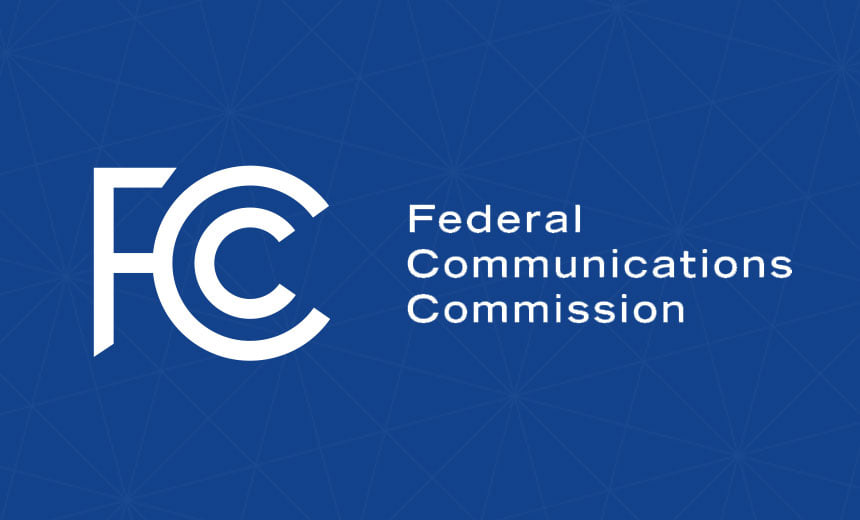
FCC Declares AI-Generated Voice Robocalls Illegal
In a significant move to combat fraudulent robocalls, the Federal Communications Commission (FCC) has made calls featuring artificial intelligence (AI)-generated voices illegal under the Telephone Consumer Protection Act (TCPA). This ruling, effective immediately, arms State Attorneys General with enhanced tools to pursue perpetrators of voice cloning scams targeting unsuspecting consumers.
The proliferation of AI-generated voice calls, designed to deceive recipients by impersonating celebrities, politicians, or family members, has surged in recent years. These nefarious tactics aim to extort vulnerable individuals or spread misinformation, posing serious threats to consumer privacy and security.
FCC Chairwoman Jessica Rosenworcel emphasized the urgent need to crackdown on these deceptive practices, stating, “We’re putting the fraudsters behind these robocalls on notice.” The ruling aligns with the FCC’s ongoing efforts to combat illegal robocalls and protect consumers from harmful schemes.
The decision follows a Notice of Inquiry launched by the FCC in November 2023 to assess the role of AI in facilitating illegal robocalls. This inquiry sought to address concerns regarding the misuse of AI technology in perpetrating scams and voter suppression tactics.
Under the TCPA, telemarketers are required to obtain prior express consent from consumers before initiating robocalls. The FCC’s ruling now extends these regulations to AI-generated voice calls, ensuring that perpetrators are held accountable for their deceptive practices.
State Attorneys General, bolstered by the FCC’s decision, now have additional legal avenues to pursue enforcement actions against those responsible for AI-generated voice robocalls. The FCC’s collaborative efforts with law enforcement agencies aim to dismantle robocall operations and safeguard consumers nationwide.
Recent incidents, such as a fake robocall impersonating President Joe Biden during New Hampshire’s primary election, underscore the urgent need for regulatory intervention. The FCC’s swift action sends a clear message to bad actors that their illicit activities will not go unpunished.
While the ruling marks a significant milestone in the fight against robocall scams, challenges persist in deterring malicious actors from exploiting advanced technologies for fraudulent purposes. However, the FCC’s proactive stance and collaboration with state authorities demonstrate a concerted effort to safeguard consumer interests and maintain the integrity of telecommunications networks.
As the regulatory landscape evolves to address emerging threats, continued vigilance and cooperation between federal and state agencies will be essential in combating the scourge of illegal robocalls. Through robust enforcement measures and public awareness campaigns, the FCC aims to stem the tide of AI-generated voice scams and protect consumers from falling victim to deceptive tactics.
In an era where technological advancements offer both opportunities and challenges, regulatory frameworks must adapt to safeguard against evolving threats to consumer privacy and security. The FCC’s ban on AI-generated voice robocalls represents a pivotal step towards maintaining trust and integrity in telecommunications systems and ensuring a safer digital environment for all.





